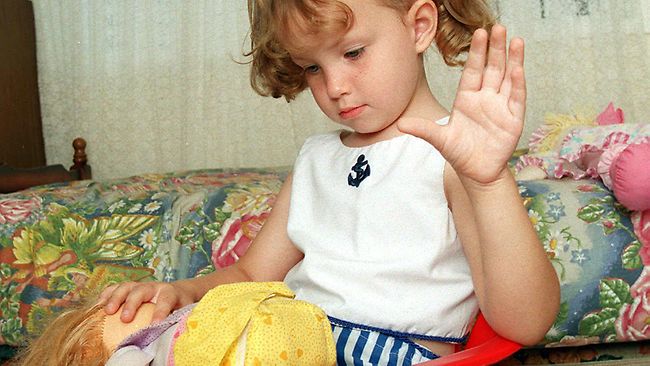Guest Blog – Spanked Children Hitting Back
Spanked Children Hitting Back
By Carly Hennessy
The Sunday Mail (Qld), January 23, 2011
JUST two smacks to your three-year-old can lead to a violent primary schooler, new international research has shown. Infrequent use of spanking defined as one or two times a month doubled the risk of aggression in five-year-olds. It is the first time research has shown increased aggression could not be explained away by other factors, such as high stress in the mother or maltreatment or neglect of the child. Child psychologist Bob Montgomery has called for a public health campaign to cut out smacking. Dr Montgomery believes this would lead to a reduction in schoolyard and street violence. Prevention starts in the home and skills learnt from parenting programs such as the Triple P parenting course could alter lives, Dr Montgomery said. “The research is absolutely clear kids who are being spanked aged three were significantly more likely to be violent by age five,” he said. “Basically, they are being taught that violence is okay, he said. “Not only is (corporal punishment) not working, it is having exactly the opposite effect,” Dr Montgomery said. “It can just take two times or more to get the effect.” Dr Montgomery wrote in the Choice Health Reader recently that scientists studied 2461 children from 20 large US cities between 1998 and 2005, by interviewing the mothers when the children were aged three and again at five. “It was not that the other factors did not also influence the risk of child aggression because, as would be expected, some did,” he wrote. “It was the finding that even allowing for that contribution, use of spanking itself was itself a major risk factor.” Dr Montgomery said smacking as punishment was as ineffective as speeding fines. “Punishment is a weak and unreliable way to change people’s behaviour speeding fines are an example of this,” he said. “People just feel speeding fines are revenue raisers, not: ‘Oh, I better slow down’.” A public health campaign would save millions of dollars by reducing aggression across society. “We’re not saying parents are bad who smack their kids,” he said. “Parents most at risk are the parents struggling anyway. “What we should do is run a proper public health campaign that says, of course you need to discipline your kids but there are better ways than smacking,” Dr Montgomery said. |


